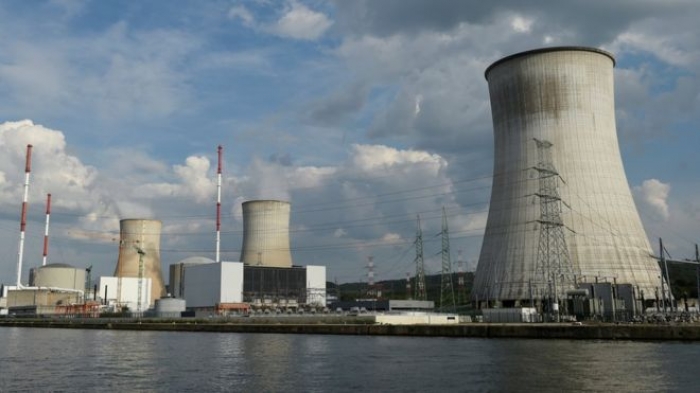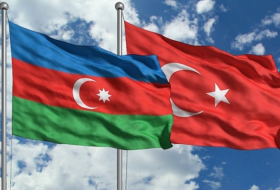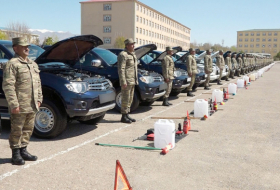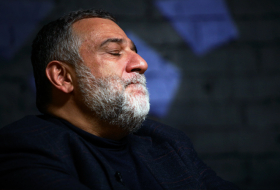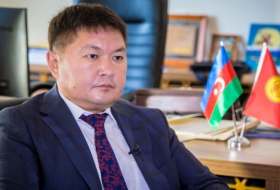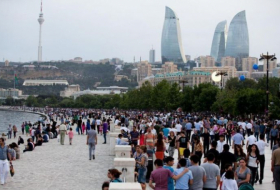Iodine can reduce the risk of thyroid cancer after a release of radiation.
There have been German protests over Belgium's Tihange nuclear plant, some 70km (43 miles) from Aachen.
Reactors there and at Belgium's other nuclear plant, at Doel near Antwerp, have been shut down repeatedly for safety reasons. There are seven reactors in total.
Belgium's federal nuclear agency (AFCN) says scientific checks on the micro-cracks, involving international experts, did not suggest that radiation could leak out.
Germany aims to switch off all its nuclear reactors by 2022.
Belgium plans to shut down Doel 3 in 2022, Tihange 2 in 2023, and the other five in 2025. But there are concerns about how Belgium will plug the 6,000-megawatt energy shortfall implied by that plan.
German authorities have urged Belgium to speed up the decommissioning schedule. In recent years there have been reactor shutdowns because of leaks and the discovery of micro-cracks in some reactor units.
The Aachen move to distribute iodine tablets is highly unusual, as it is not prompted by any particular emergency. Aachen got approval for it from the North Rhine-Westphalia regional government.
Iodine is concentrated naturally by the body in the thyroid gland. The pills work by saturating the gland with an iodine dose, so that any cancer-causing radioactive iodine will not enter.
Aachen's population is about 150,000, but three surrounding areas will also qualify for the free pills. Each person can get a blister pack of six pills.
Emergency doses
Potassium iodide tablets are stocked centrally in Germany and are only to be taken in a civil defence emergency.
But the Aachen authorities argued that, because Tihange is so close, there would not be enough time to supply the pills to every home in an emergency - all the more so if a nuclear accident happened at night.
The dose depends on a person's age. The authorities say people older than 46 are not getting the pills, because for them the risk of serious side-effects is greater than the risk of cancer from radioactive iodine. They can be prescribed an alternative thyroid drug - Irenat.
An initial dose of potassium iodide would be two pills per adult or child aged 13 or over.
Children aged three to 12 would get one pill, toddlers half a pill and babies a quarter of a pill.
"For more than two years we've been worried about the reactor cracks getting bigger - the population has been very worried," said Rita Klösges, acting spokesperson for the Aachen municipality.
"We had talks repeatedly with Belgium about this - the mayor of Aachen was involved too. But we didn't get them to shut down the reactors," she told the BBC.
Germans will vote in a parliamentary election on 24 September, but Ms Klösges stressed that the iodine distribution had "nothing to do with the elections". "It's just by chance that this is happening now, and it only affects one small area of Germany," she said.
More about: #Belgium








